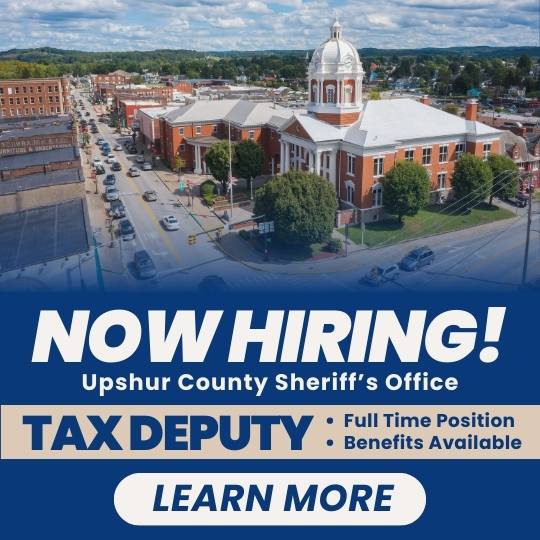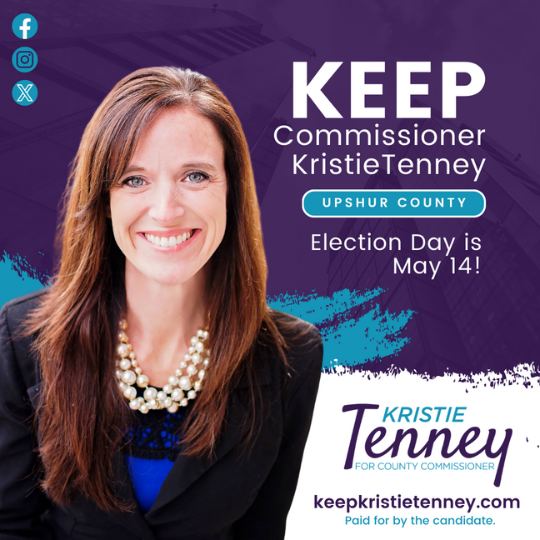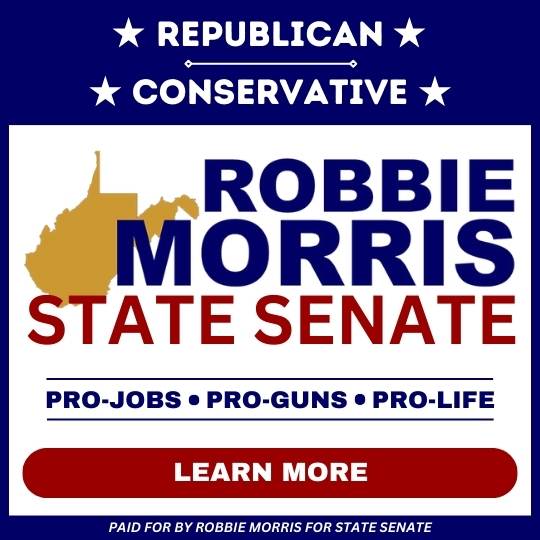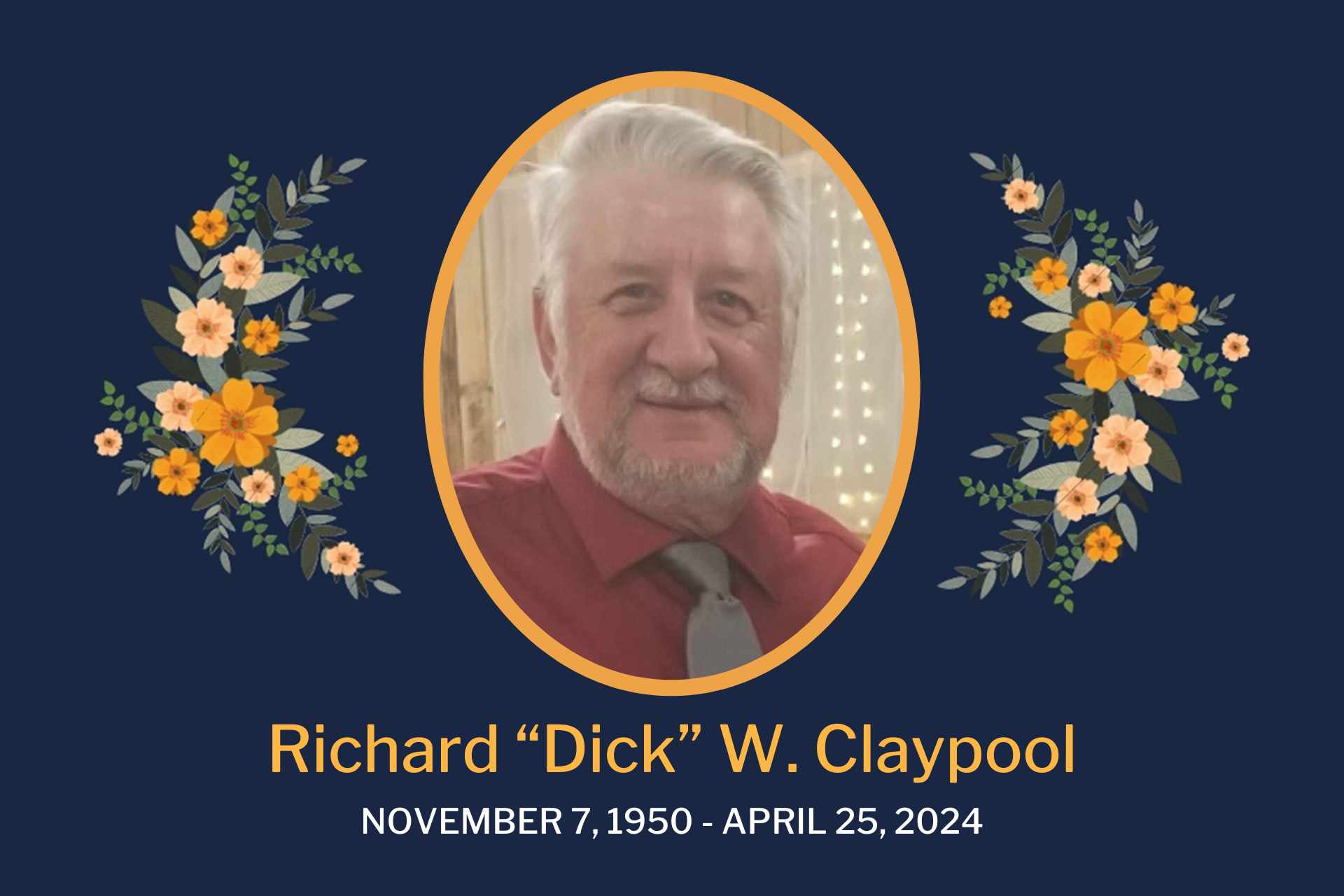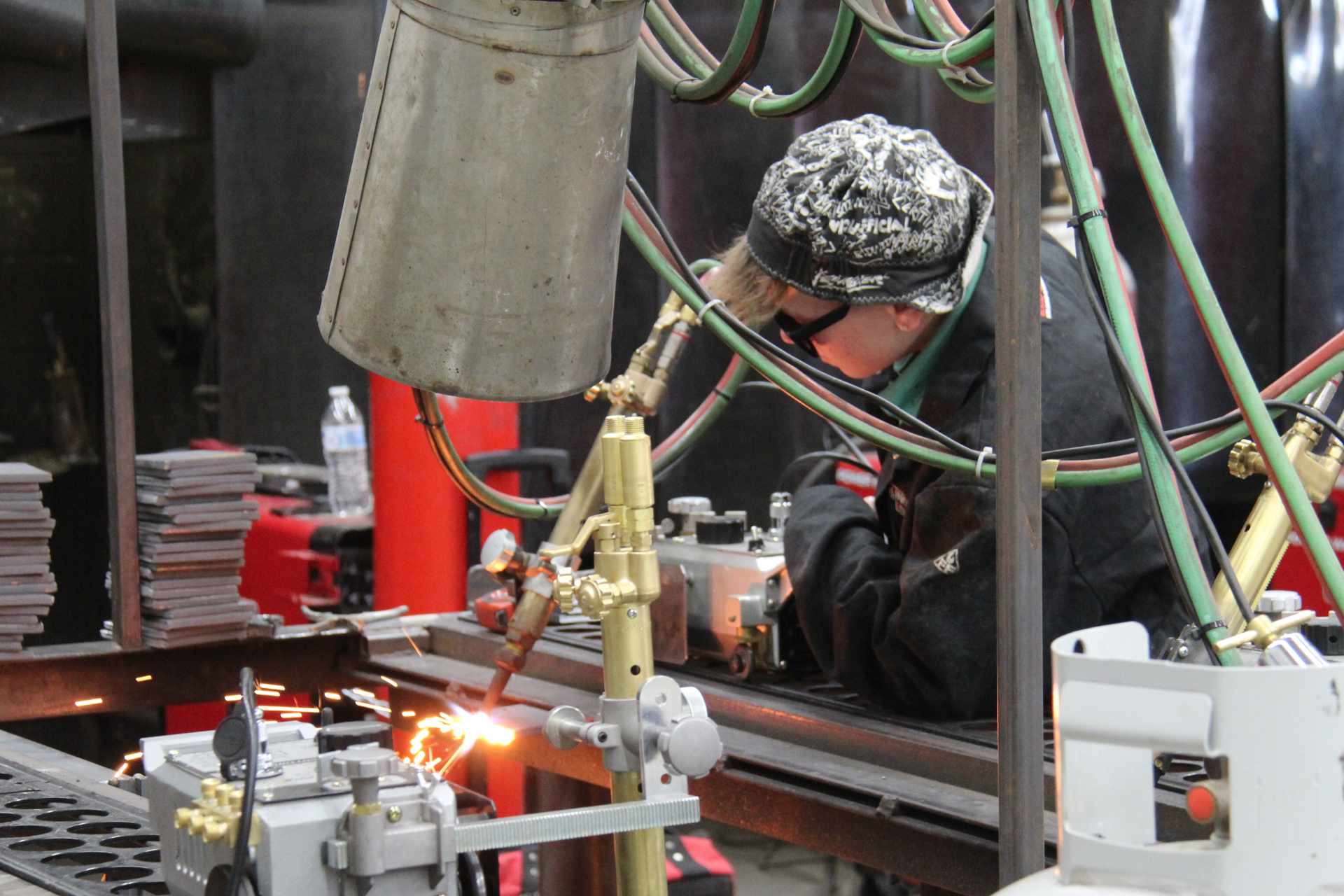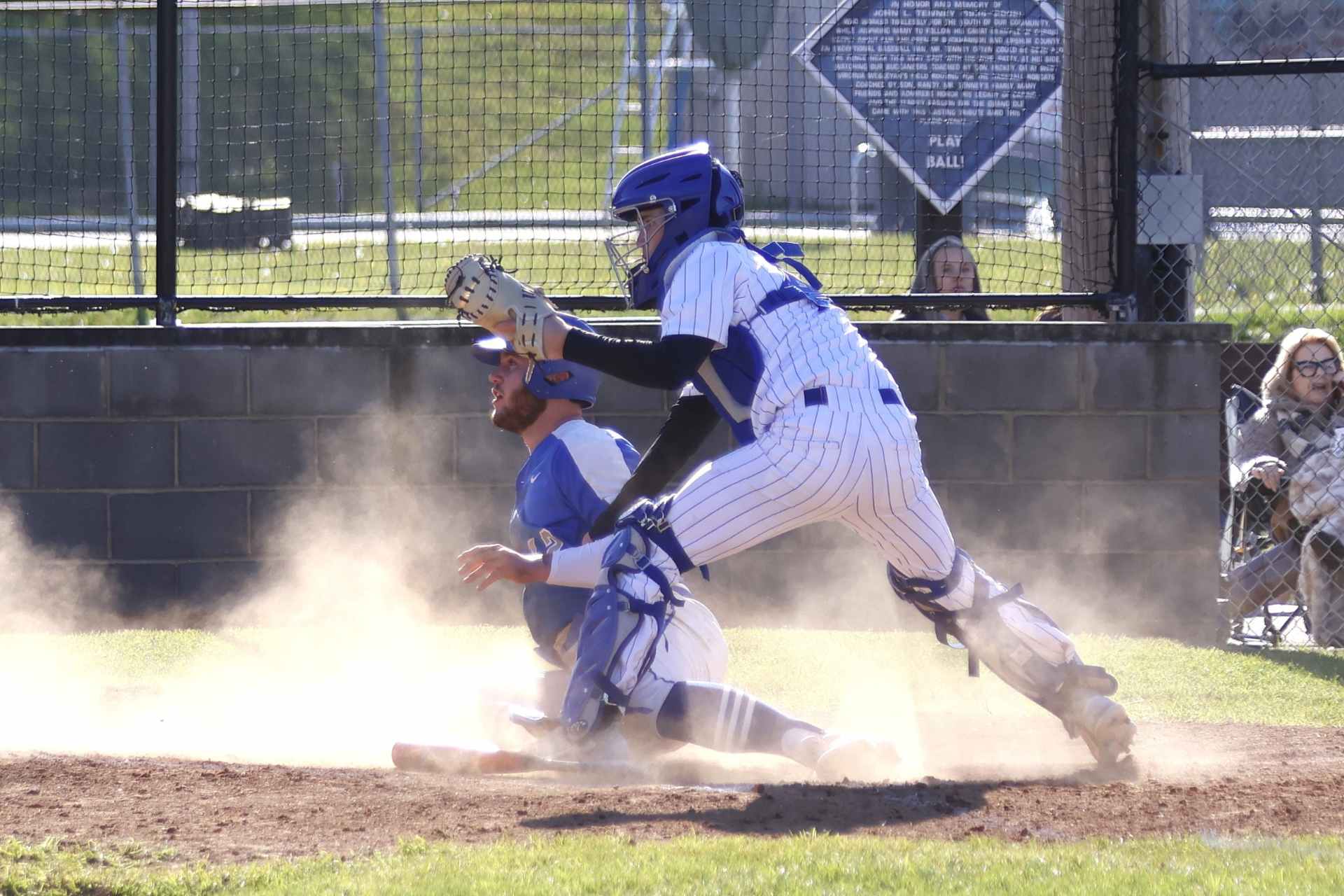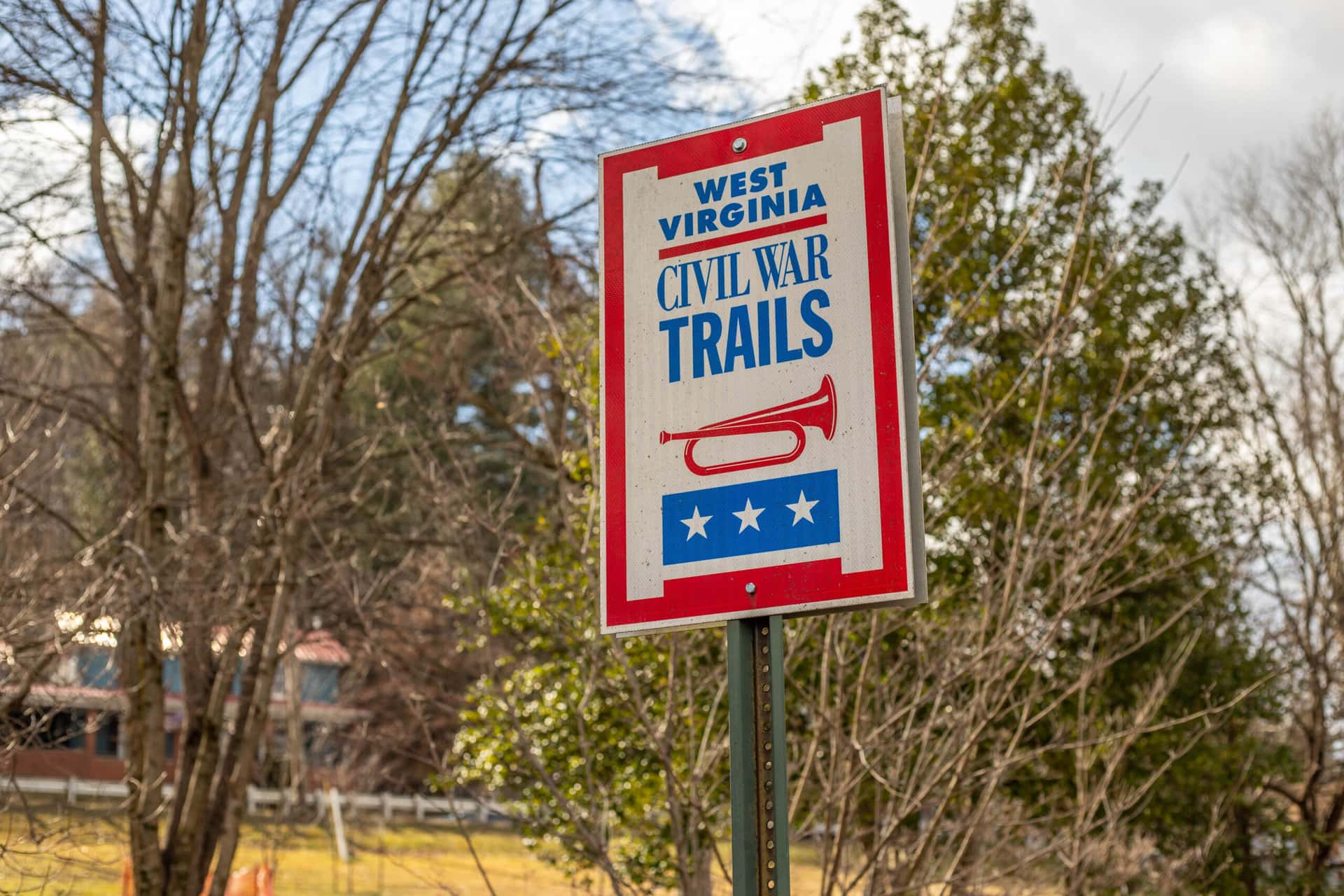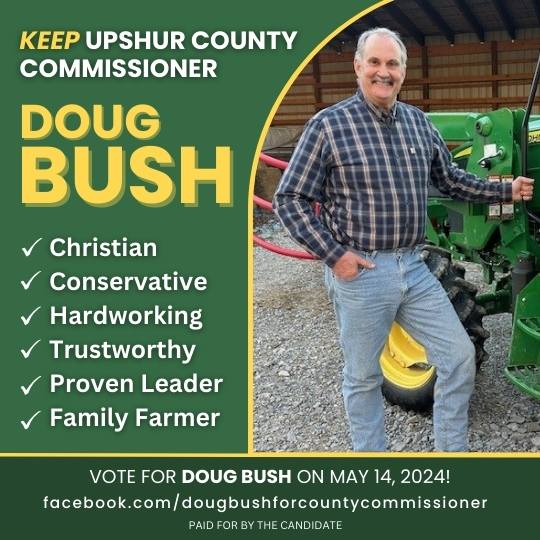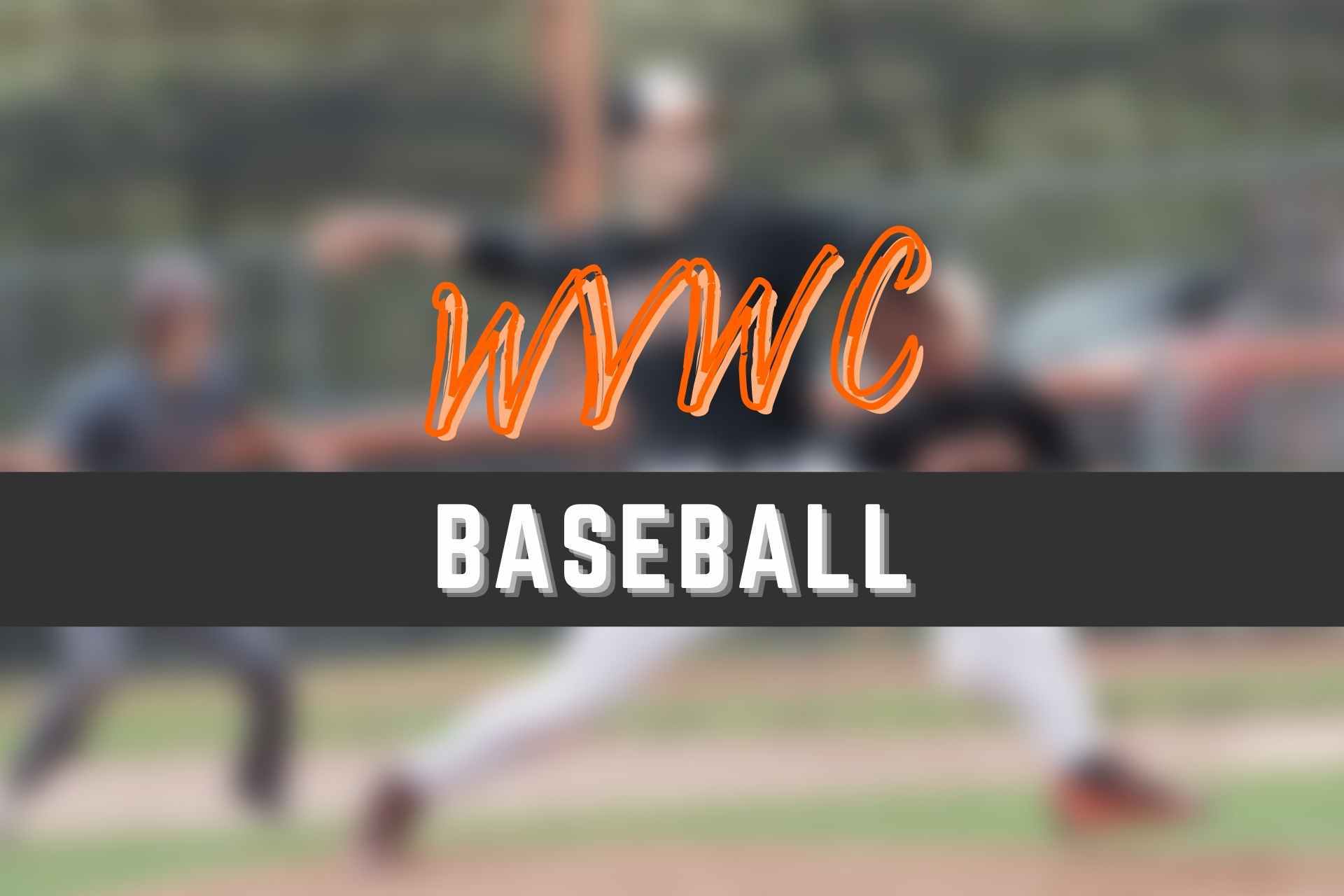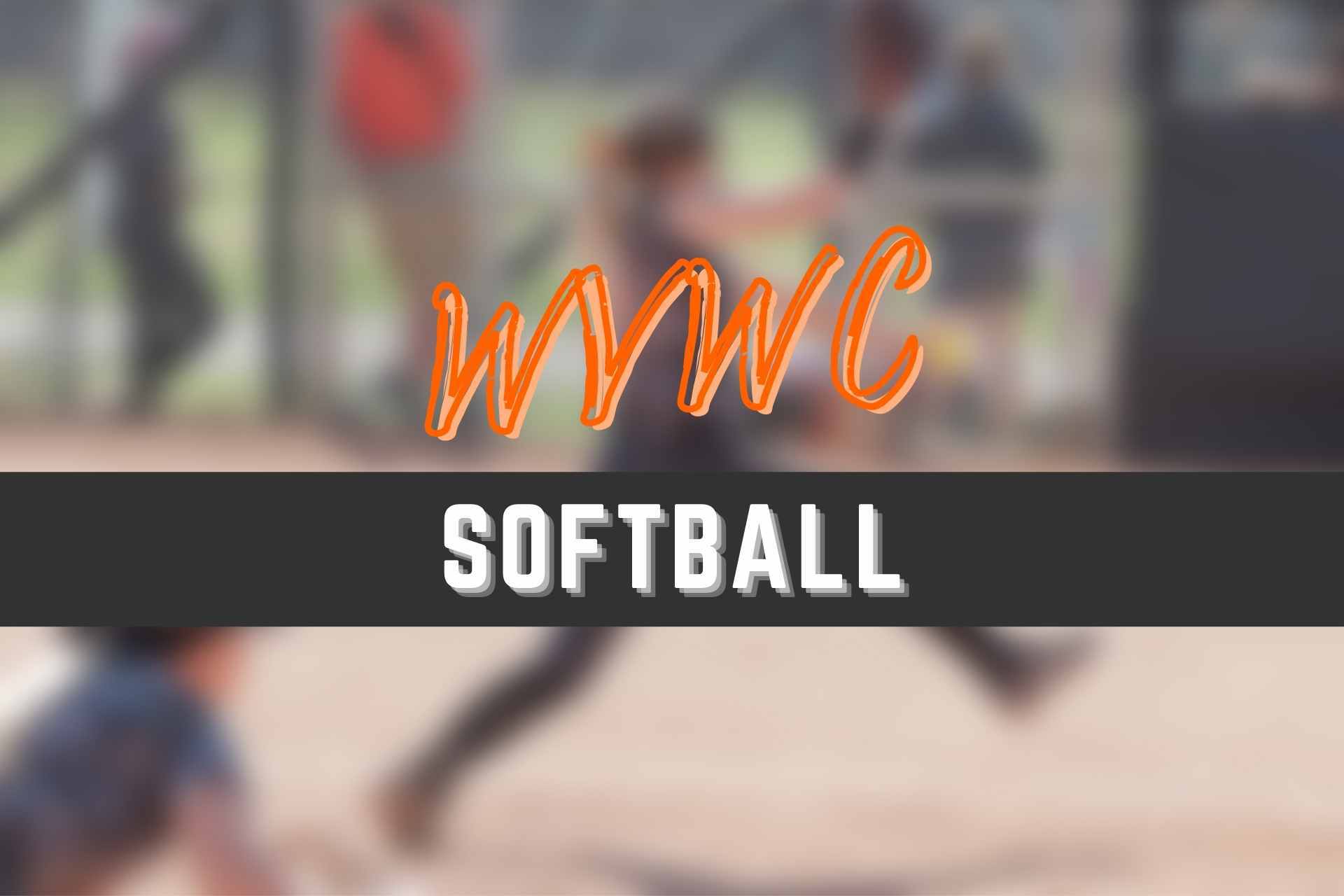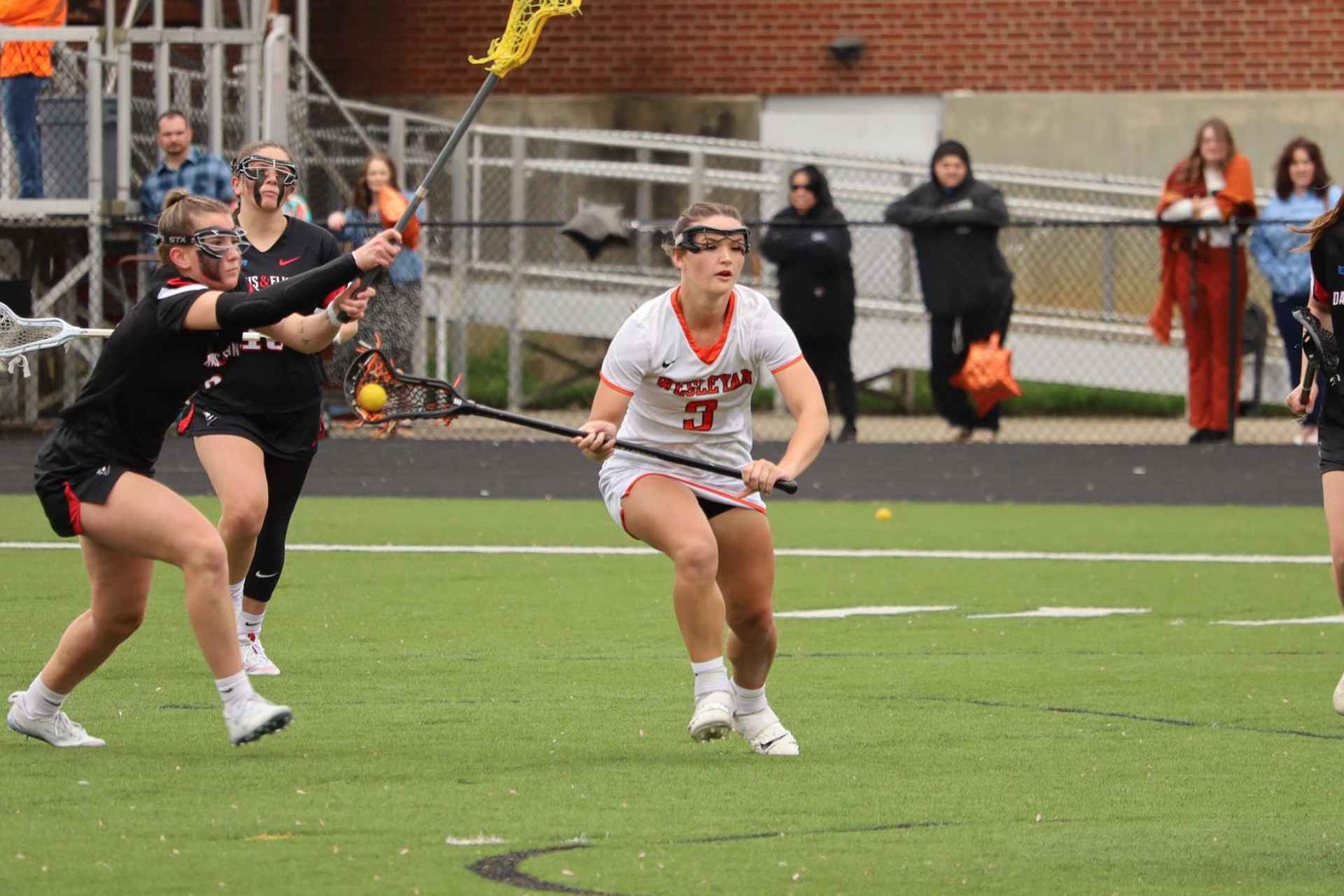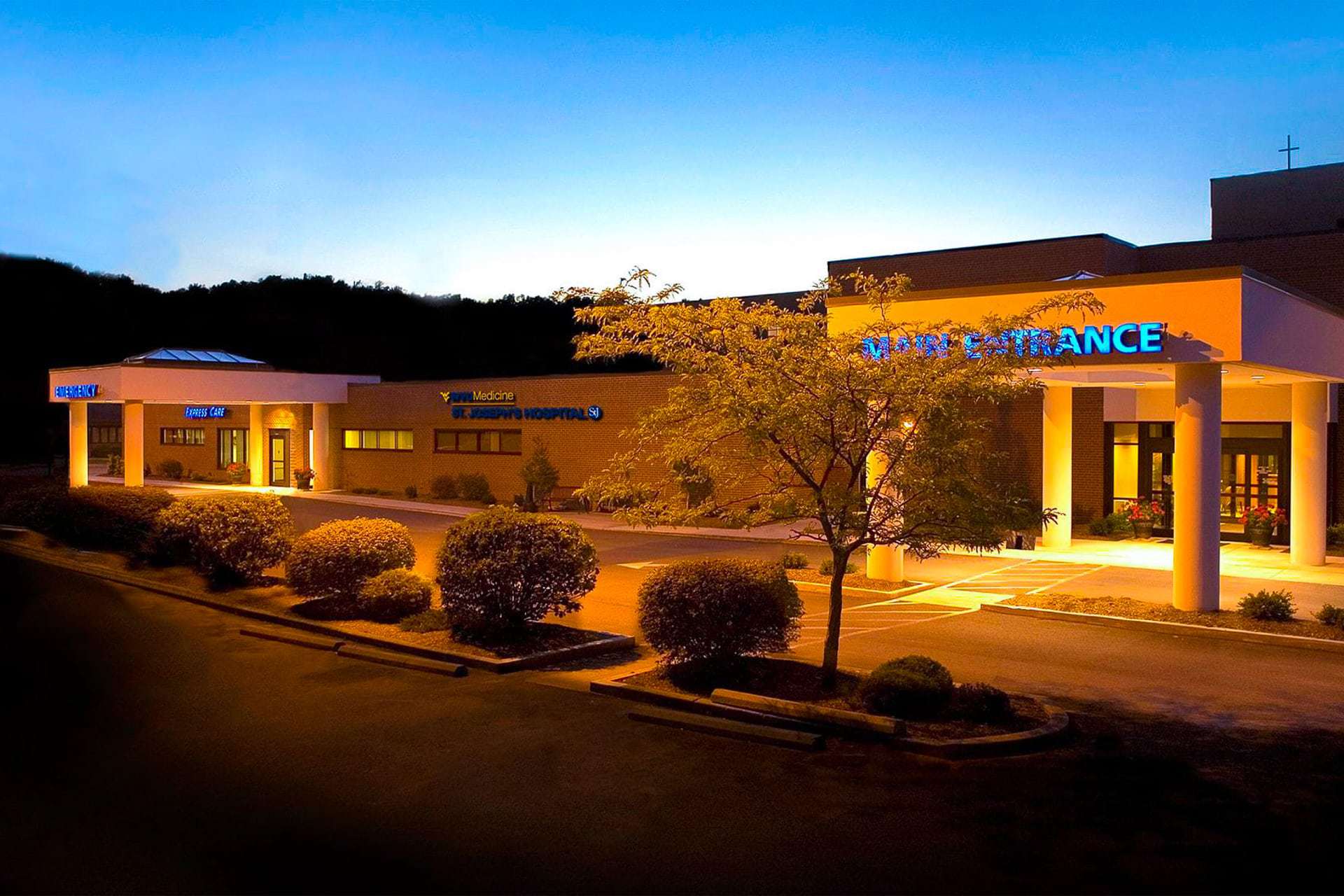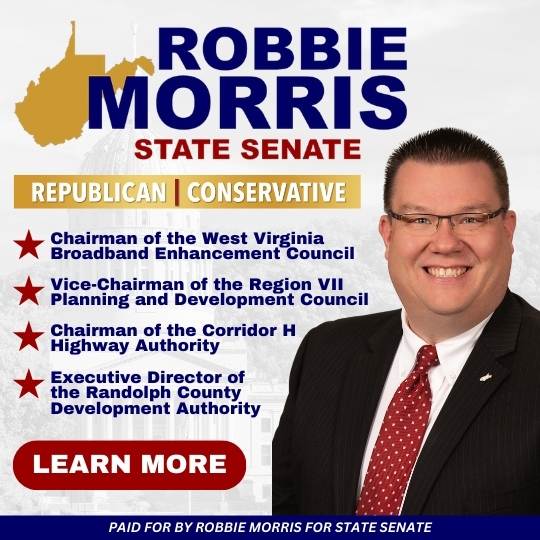CHARLESTON, W.Va. – Sometimes, the best person to help someone struggling with addiction is someone who has fought the recovery battle themselves.
That is the concept behind a new position in the West Virginia family treatment court system: Peer Recovery Support Specialist (PRSS). A grant from the West Virginia Bureau of Behavioral Health and the federal Substance Abuse and Mental Health Services Administration is paying the wages of four people who hold PRSS positions in West Virginia family treatment courts. The Supreme Court’s goal is to have a PRSS in each of West Virginia’s 10 family treatment courts.
PRSSs are liaisons between family treatment court participants and treatment teams and help both in a variety of ways. The purpose of the position is to increase individual and family retention and engagement in treatment and recovery services; increase coping and life skills; increase access to treatment and recovery supports; and reduce relapses and overdoses. They can transport treatment court participants to recovery meetings, therapy, drug tests, medical appointments, or court; help participants find employment and get utilities turned back on; answer questions; check on participants to provide help on weekends and evenings; and conduct recovery group meetings, including those for treatment court alumni.
“They know how to navigate to get these folks into recovery and how to maintain recovery and what long-term recovery looks like. For our participants, they are more apt to listen to someone who has been there and done that than to someone who has not,” said Chautle Haught, who oversees all West Virginia family treatment courts in the Supreme Court’s Administrative Office.
Family treatment court participants and PRSSs “are all struggling with substance use disorder. I can talk to drug court participants about things I have learned in school and from experience and observing, but I don’t know what they are going through. I have never experienced it. I can empathize, but I can’t relate,” said Stephanie Smith, the Nicholas County Family Treatment Court Case Coordinator.
“The PRSS position has so many benefits. The ability to help those who feel like no one understands, gives them the gift of being understood. It gives participants the idea that they can have a life worth living, that they have a chance to begin that new life and change,” said Nicholas County PRSS Megan Griffin.
Ohio County Family Treatment Court PRSS Stephen Pownall “has been invaluable to our treatment team and has helped us understand the thought process of the addicted mind. His insights have helped the treatment team make more informed decisions about ongoing treatment options for our participants,” said First Judicial Circuit (Brooke, Hancock, and Ohio Counties) Judge David Sims, who oversees the treatment court.
“He can help the team understand a parent’s thought process or behavior when it comes to addiction as he is in recovery himself. He advocates to the treatment team for what he believes is in the best interest of the participants based on his communication with them,” Judge Sims said. “Stephen can relate to the parents in a way the rest of us cannot. Our participants feel comfortable reaching out to Stephen for help when they are struggling. They feel they can be totally honest with him because of his background. The parents know they can call him at any time, even on the weekends or outside of normal ‘business hours.’”
Recent Ohio County Family Treatment Court graduate K.J. said Pownall “was a great help. He has a lot of knowledge in the Narcotics Anonymous and Alcoholics Anonymous programs. He has resources to provide to everyone who may need it. He was always there for me, answered and returned calls, and helped find answers when I needed them. He is a guy who was just like me, who made it and passed along advice and knowledge to me to help me succeed and be who I am today.
“He’s just a great person in the recovery community, and he is dedicated to helping anyone he can, day or night, he’s there. He’s become more than a peer to me, he became a friend. An understanding friend who still answers my calls and checks up on me to make sure I’m still doing okay after graduating,” said K.J., who graduated in October 2021.
Pownall is a Brooke County Adult Drug Court graduate. Fayette County PRSS Julie Canterbury is an Adult Drug Court graduate. Boone County PRSS Jessica Stowers is a Boone County Family Treatment Court graduate. Griffin’s recovery did not involve a drug court.
“I kind of white knuckled it,” said Griffin, a former licensed practical nurse. “I didn’t have any healing taking place. It was just the absence of drugs.” A 12-step program helped her learn to be vulnerable without being a victim and taught her to advocate for herself and now others. “I’m not stuck in that depressed state that I once was,” she said.
Griffin’s recovery led to her reunification with her son and two stepchildren in 2018. She now tells family treatment court participants how lucky they are to be in a treatment court while they work to regain custody of their children.
“Every step of the way, I was completely lost through it all. It just wasn’t a very good experience,” Griffin said. “The odds were not in my favor to get through that successfully.”
After Griffin’s recovery – which she dates from May 30, 2017 – she wanted to help others. She started working as a PRSS at Seneca Health Services and then the Nicholas County Day Report Center before joining the Nicholas County Family Treatment Court in May 2021.
“Linking people to resources and seeing them grab hold and start to maintain their recovery, be a part of a team that is involved, and getting to work with the clients and community is extremely gratifying,” Griffin said.
Smith said she admires Griffin for going to recovery meetings regularly, practicing self-care, and setting boundaries.
“She really does keep her own recovery on the forefront,” Smith said.
Anyone who is a PRSS must do that.
“At the end of the day, I have to do my own recovery. I have to continue what I did before, or I will lose it all,” Griffin said.
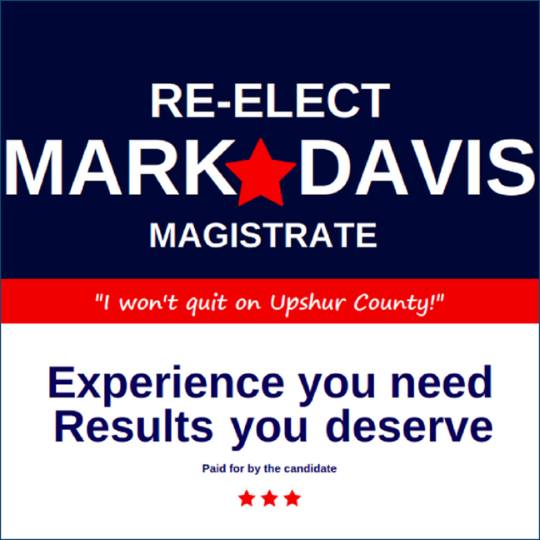
Each PRSS is a person in recovery from addiction and some may be convicted criminals, which critics have questioned.
“Peer Recovery Support Specialists are folks who are in recovery, and you will find very few who did not break the law in order to maintain their addiction,” said Supreme Court Probation Services Director Stephanie Bond. “The people we hire, many of whom are treatment court graduates, are positively maintaining their recovery and want to help others do the same,” Director Bond said. “Through our treatment courts, we are helping folks get into recovery and become lawful, productive citizens. We encourage them to work and tell them that their past does not define them or their future. I feel that if we held the criminal charges that they received while in active addiction against them, we would be pretty hypocritical.”
“Peer recovery support is a vital component in the recovery process,” said Elizabeth J. Coffey, State Opioid Response Project Director with the West Virginia Department of Health and Human Resources’ Bureau for Behavioral Health.
The grant that pays for the PRSSs is from the State Opioid Response money West Virginia receives from the Substance Abuse and Mental Health Services Administration. The funds specifically are for Opioid and Stimulant Use Disorder prevention, intervention, recovery, and treatment.

